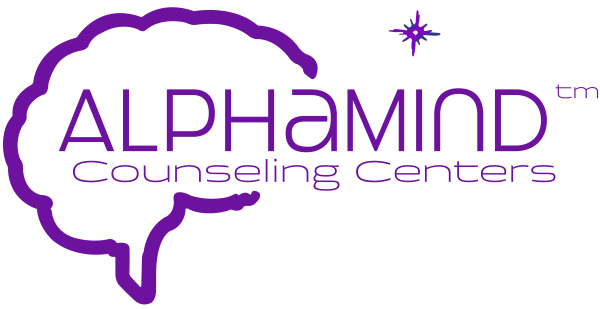If you have heard of EMDR therapy, you may be wondering whether or not it has a high success rate. After all, it is a relatively different form of treatment that many people are not familiar with. It is known that EMDR therapy is a successful form of treatment, but just how successful is it? Luckily, the experts here at AlphaMind Brain Centers in Cary, North Carolina have some answers for you regarding just how successful EMDR really is. Keep reading to find out!

What is EMDR?
EMDR, also known as Eye Movement Desensitization and Reprocessing, is a type of therapy that is used to treat trauma. EMDR therapy is different from traditional talk therapy in that it uses eye movements or other forms of bilateral stimulation to help the brain process and heal from trauma, rather than talking through the experience. It is an effective treatment for PTSD, anxiety, and depression. EMDR can be used to help people who have experienced trauma heal from their experiences and live happier, more productive lives.
EMDR therapy is an excellent choice for anyone who has experienced trauma and is looking for an effective, evidence-based way to heal – especially without a lot of talking. EMDR therapy has a high success rate, and is an excellent choice for anyone who has experienced trauma. But just how successful is it?
The Success Rate of EMDR
EMDR has been found to be very successful in treating trauma, with a success rate of 80-90%. Why is the success rate so high?
When you experience a traumatic event, your brain uses different parts of itself in order to process the event. These regions of the brain include the amygdala, the hippocampus, and the prefrontal cortex. The amygdala is the region that alerts you about stressful events, while the hippocampus controls learning (especially in regards to safety and danger), and the prefrontal cortex controls behavior and emotion. When your brain has not worked through the traumatic event, you will likely continue to experience the fight, flight, or freeze instinct when you think about the event.
EMDR therapy’s goal is to help your brain work through that fight, flight, or freeze response. This way, your brain is able to continue processing the event in a healthy manner; you will no longer have the same debilitating response as you did before. EMDR gets down to the science of the trauma response, which is what makes it so successful.
Who does EMDR Help?
EMDR therapy is an effective treatment for PTSD, anxiety, and depression. EMDR can be used to help people who have experienced trauma heal from their experiences and live happier, more productive lives. However, the benefits are not only present for individuals with PTSD, anxiety, and depression. EMDR therapy also helps a multitude of people with other conditions. These include:
- Bipolar disorders
- Sleep disturbances, such as insomnia
- Eating disorders
- Substance disorders
- Sexual assault
- Grief and loss
EMDR therapy is designed for individuals who are seeking relief from a variety of experiences and conditions; oftentimes, these are individuals who have exhausted other treatment options and have not found the relief they were hoping for. Others may be seeking treatment without the need for medications.
What to Expect at EMDR
When it comes to EMDR therapy, you can expect an eight-phase process across six to twelve sessions. Some individuals may need either more or less sessions, depending on their treatment plan. The eight phases of EMDR therapy are as follows:
- Phase one: The first phase of EMDR therapy is history and treatment planning. Here, you will discuss your symptoms with your therapist. This allows the therapist to gauge how to proceed with treatment as they learn a little bit about your history.
- Phase two: Next comes the preparation stage. Here, you learn some techniques to help you work through the stress and symptoms that you have been experiencing. Some things you might learn during the preparation stage include breathing and mindfulness techniques.
- Phase three: During the assessment stage, you will actually choose specific memories to work on and target during treatment. Your therapist will help you through selecting these, so you do not need to worry about doing this alone.
- Phases four through seven: This is the actual treatment portion of EMDR. These phases include:
- Desensitization
- Installation
- Body Scan
- Closure
Using bilateral stimulation, you will work through the memories of the event. Typically, you will continue going back to focusing on the memory until you no longer have an adverse response. After that, you will instill positive self-beliefs and images to have in place of the previously negative ones. Next, you will go back to thinking about the traumatic memory again to see if your negative reaction appears again. Finally, you review your progress and those techniques you learned in phase two.
- Phase eight: During the last phase, occurring in a new session, you will be asked to re-evaluate what you worked on in the previous session to determine if you will move onto a new topic.
Contact AlphaMind Brain Centers
If you are interested in EMDR therapy near the Cary, North Carolina area, reach out to our office here at AlphaMind Brain Centers! Our expert staff is happy to help you set up a free consultation with one of our therapists to decide if EMDR therapy is the right choice for you. From there, we are able to help you determine what the best treatment plan for your unique situation is. If you have absolutely any questions or concerns, do not hesitate to ask. Contact us using the form below or give us a call to set up that consultation.
[contact-form-7 id=”5683″ title=”Contact form 1″]

